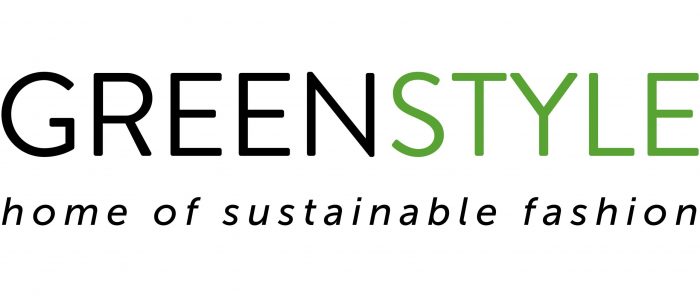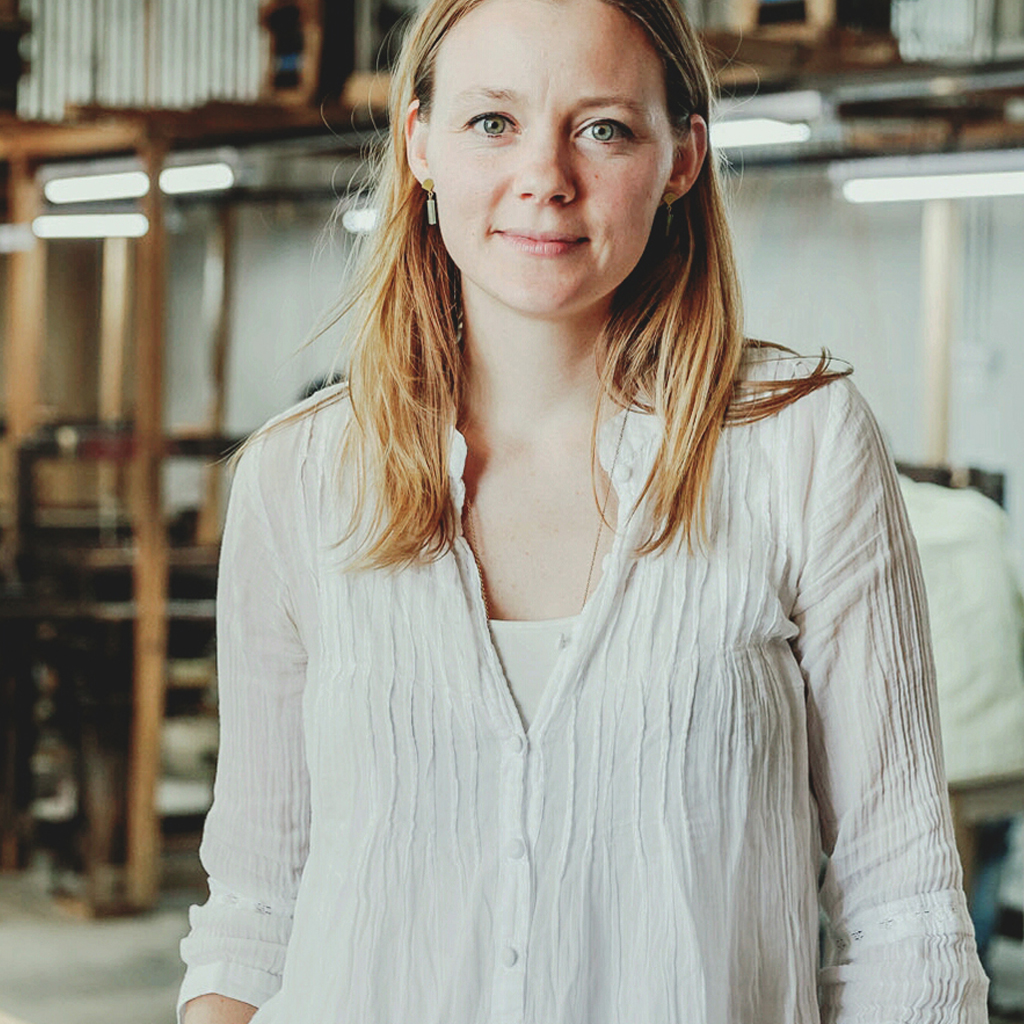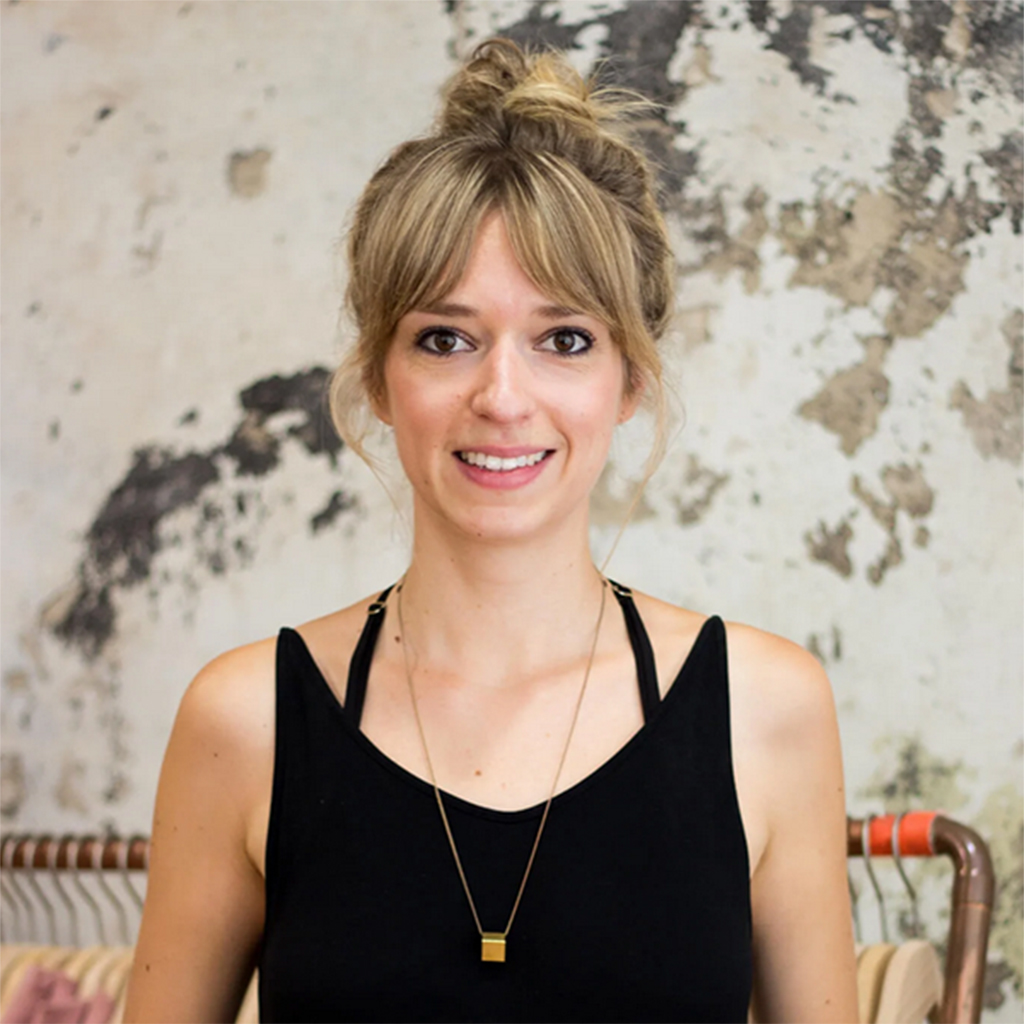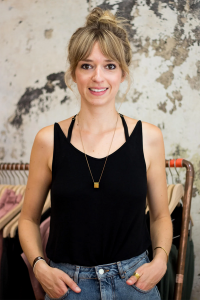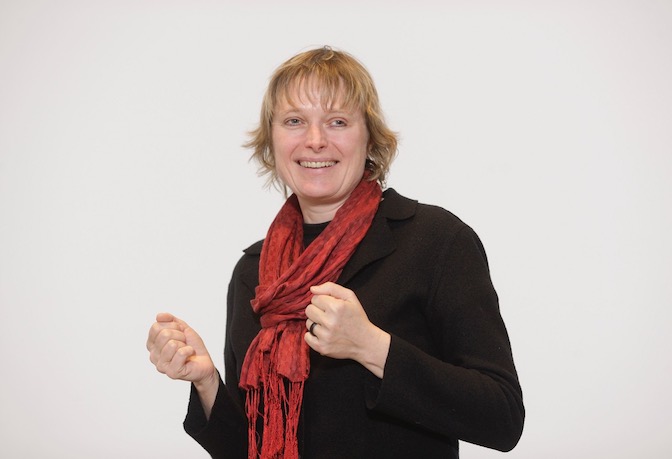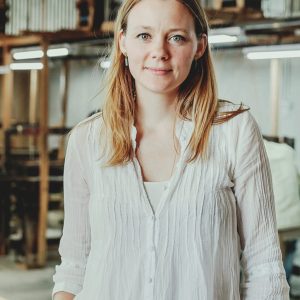
You can easily call her a changemaker from the beginning. Marina Chahboune has been dealing with fashion and the production conditions of the textile industry for over ten years. The sustainability manager lives in Indonesia and accompanies local companies in Pakistan and Bangladesh with her team. As a trained tailor, a degree in fashion design with a focus on sustainability, a master’s degree in sustainable textile production and various work experiences. She knows the German industry very well and knows which screws to turn to make the clothing and textile business a little bit better.
With her consulting agency “Closed Loop Fashion”, Marina primarily advises factories with a large production volume. The focus of her work is on chemical management, safety at work, textile waste management, process optimization to save resources and also on fiber and material development. Marina speaks of “applied sustainability” on her website. The main aim is to provide the players in the textile industry with practical tools and holistic solutions for applied sustainability and circularity – from capacity building to strategy planning, from concept to implementation.
Be sure to take a look at the Closed Loop Fashion Knowledge Hub, Marina’s new blog platform, and get inspiration and know-how there.
